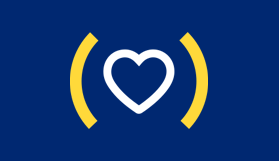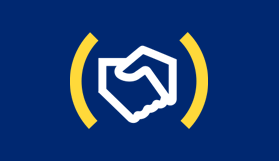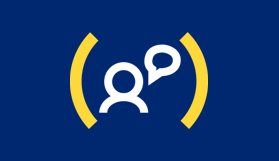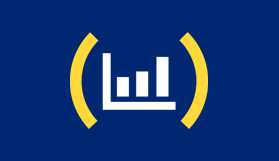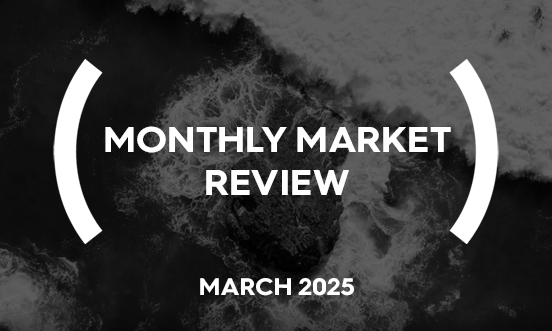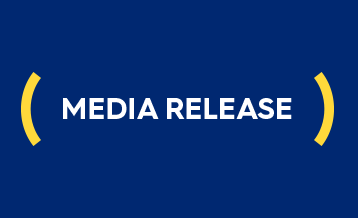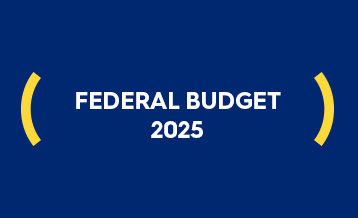News and Insights
Report
Get the latest market insights and trends in our last monthly market review for 2025.
Article
This year, the tenth edition of the Rigg Design Prize will be presented. Ahead of the 2025 iteration, we reflect on the enduring legacy of its benefactor, the late Colin G. Rigg, and the significance of this prestigious prize exhibition.
Equity Trustees today announced the appointment of Jocelyn Furlan to the Equity Trustees Superannuation Limited (ETSL) and HTFS Nominees Pty Ltd (HTFS) Boards, which have oversight of one of the companies’ fastest growing trustee services – independent superannuation trusteeship.
Article
Treasurer, Jim Chalmers, handed down his fourth federal budget on Tuesday 25 March 2025. Here are a few items that caught the eye of our specialist Tax team.
The largest trust in the country dedicated to improving the experience of ageing for Australians has announced the recipients for its latest grant round of $7 million.
EQT Holdings Limited (ASX: EQT) will conduct a webinar presentation by Mick O’Brien, Managing Director, and Johanna Platt, Chief Financial Officer, for investors following the release of EQT’s Half Year Results on Thursday 20 February 2025.
EQT Holdings Limited (ASX: EQT) will conduct a webinar presentation by Mick O’Brien, Managing Director, and Johanna Platt, Chief Financial Officer, for investors following the release of EQT’s Half Year Results on Thursday 20 February 2025.
